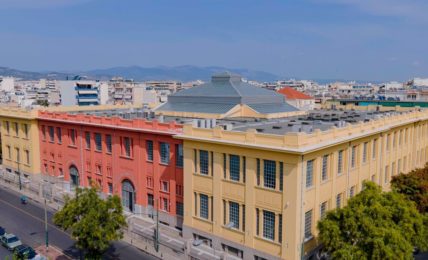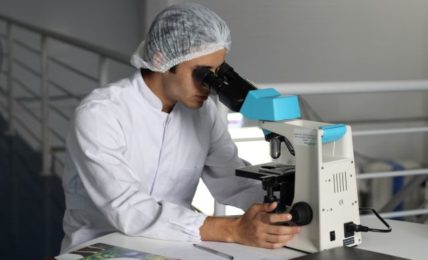In arrivo il Piano d’azione europeo per l’agricoltura biologica
Dopo anni di estenuanti negoziati tra istituzioni europee e in attesa del nuovo quadro legislativo nel 2022, la CE presenterà a fine mese il Piano d’Azione per lo sviluppo dei prodotti biologici. Uno strumento per spiegare come raggiungere l’obiettivo di destinare il 25% della superficie agricola a prodotti biologici.





